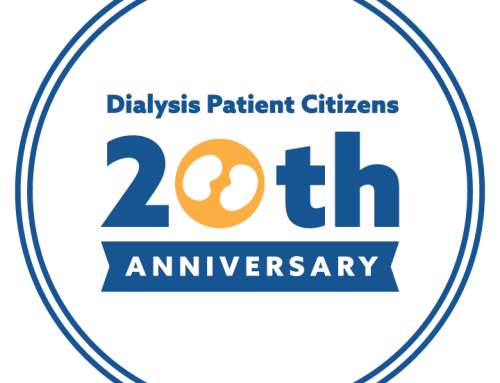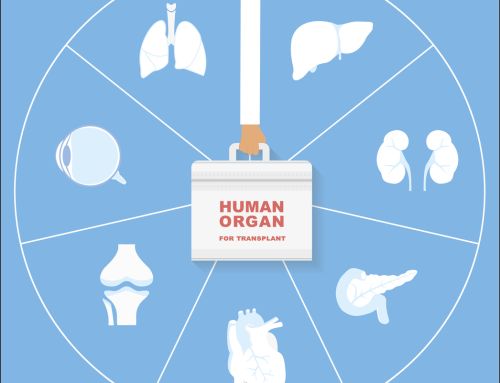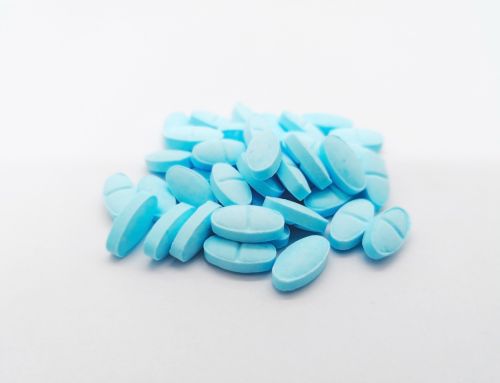The Centers for Medicare and Medicaid Services (CMS) recently finalized the payment rule for the Medicare End Stage Renal Disease (ESRD) program for 2015. Payment rates will stay the same next year. However, changes to the Quality Improvement Program (QIP) system of “pay for performance” are intended to prioritize new aspects of care for ESRD patients; providers are graded on each element of the “QIP” and receive payment reductions if they don’t meet Medicare’s standard. This means that providers are expected to add emphasis to these new areas in their interactions with patients. Here are some of the new areas being graded:
- Patient Satisfaction Surveys. Results of the patient experience surveys you are asked to fill out twice a year will now be counted in the pay-for-performance program. When these were added to the hospital payment formula, hospitals took greater interest in ensuring a pleasant, quiet physical environment for patients; dialysis facilities may do the same.
- Hospital Readmissions. Currently, hospitals are graded on whether their patients are readmitted to the hospital because their condition did not remain stable after discharge. Most hospitals have responded by trying to improve patients’ “transitions” back home by improving discharge instructions or even following up with high-risk patients and their physicians. The new rule asks dialysis facilities to assume these responsibilities as well. Dialysis organizations are currently looking into how they can improve communication with hospitals about their patients’ illness.
- Depression Screening and Follow-Up. Dialysis facilities must now ensure that every patient over age 12 is screened for clinical depression once per year.
- Pain Assessment and Follow-Up. Dialysis facilities must now assess every patient over age 19 for need of treatment every six months.
Other changes will hold dialysis facilities accountable for two important outcomes, infections and transfusions.
- Bloodstream Infection Rates. CMS will track infection rates at facilities. Previously, facilities were required to report infections but the number of infections reported was not held against them. Dialysis facilities must enroll in the National Healthcare Safety Network (NHSN) to report these incidents of infection.
- Transfusion Ratio.The addition of the transfusion ratio to the “QIP” is intended to penalize facilities that inadequately control anemia, without specifying numeric targets for hemoglobin levels.



























